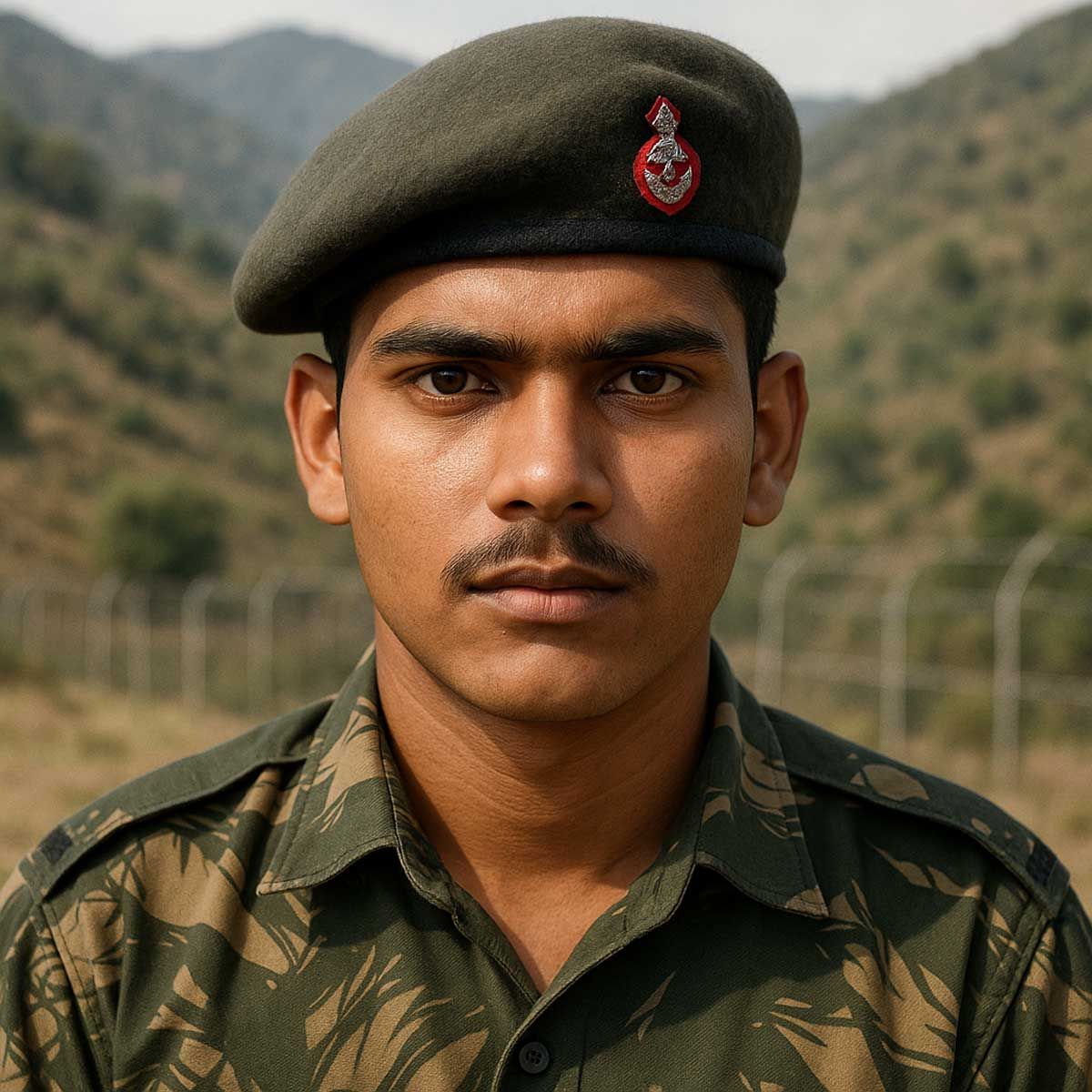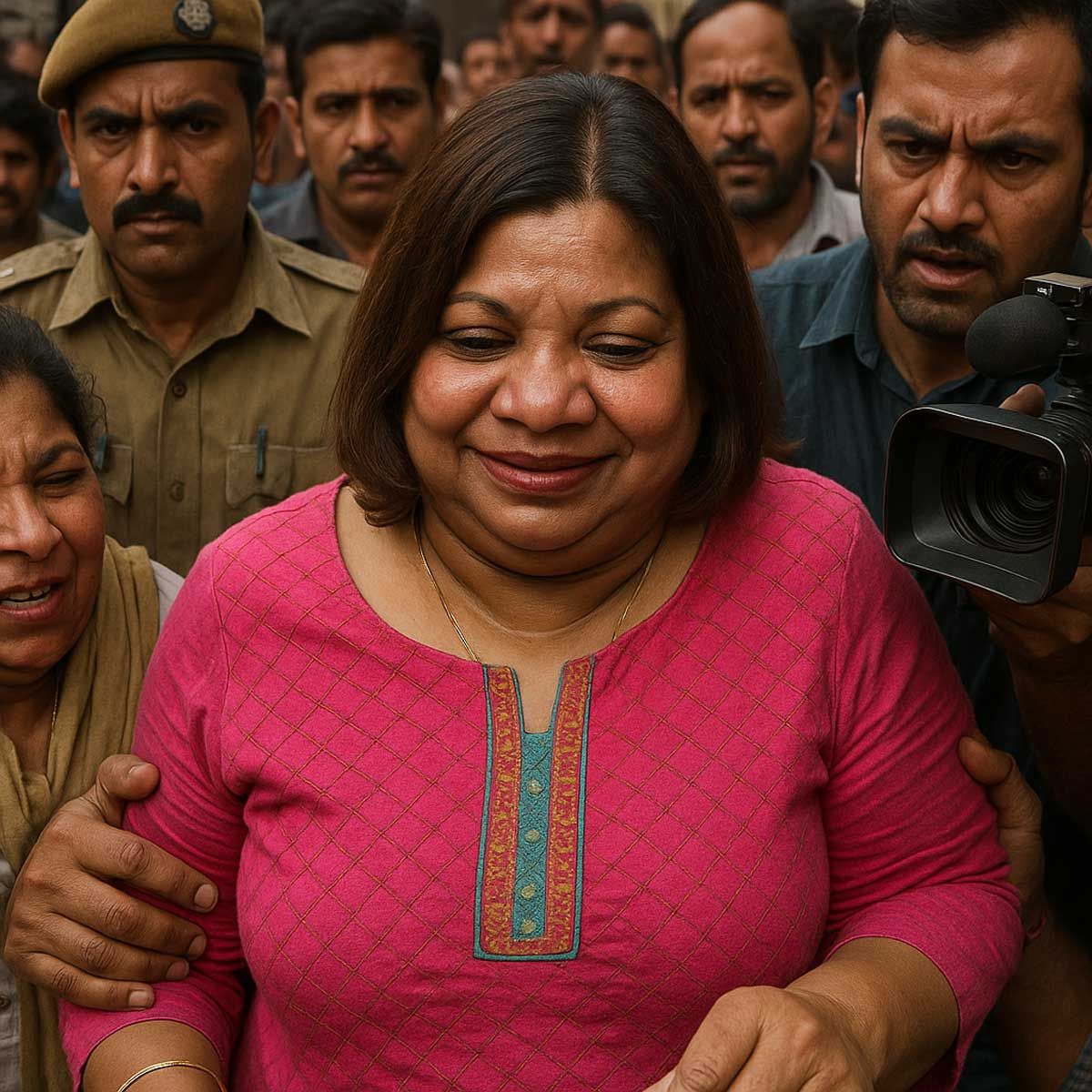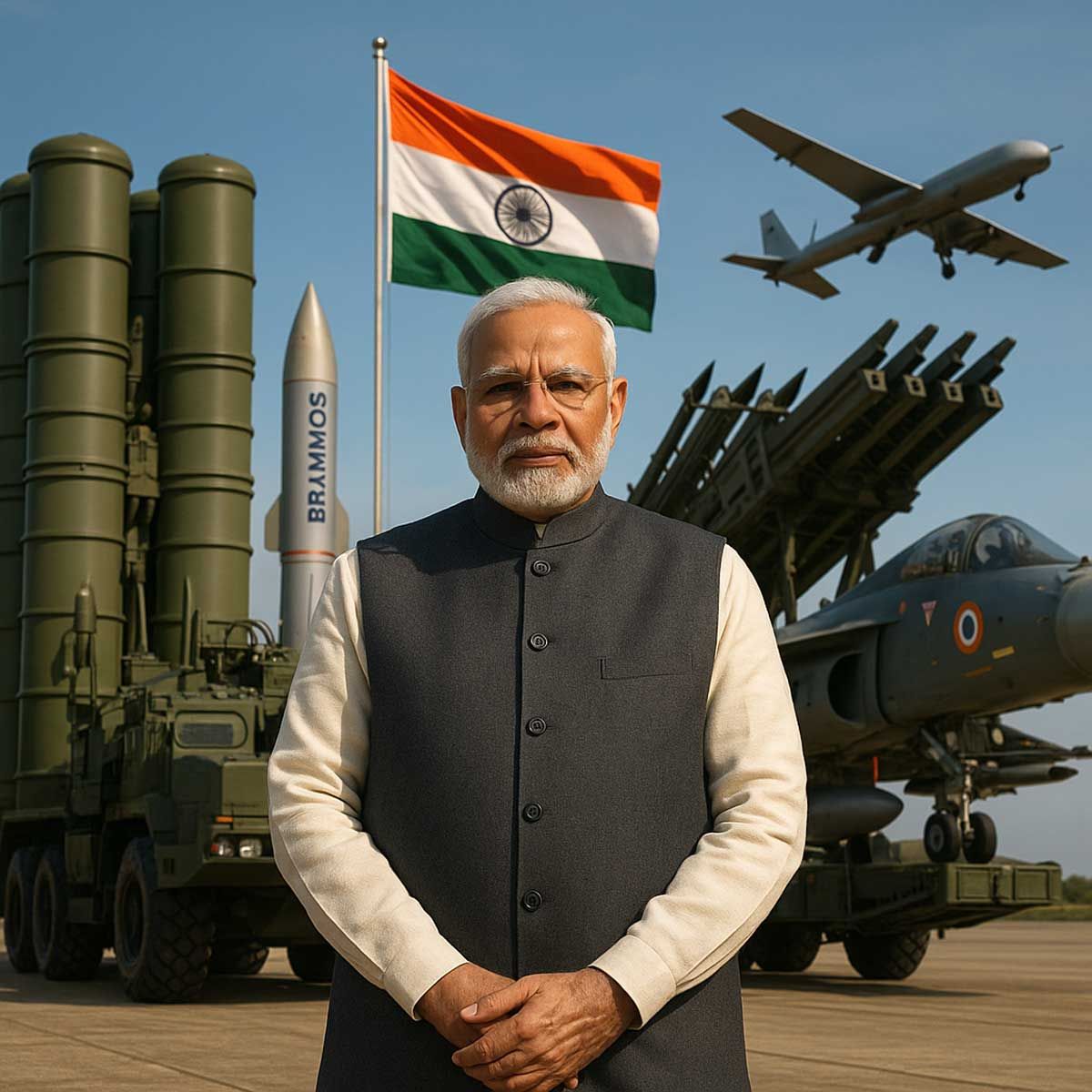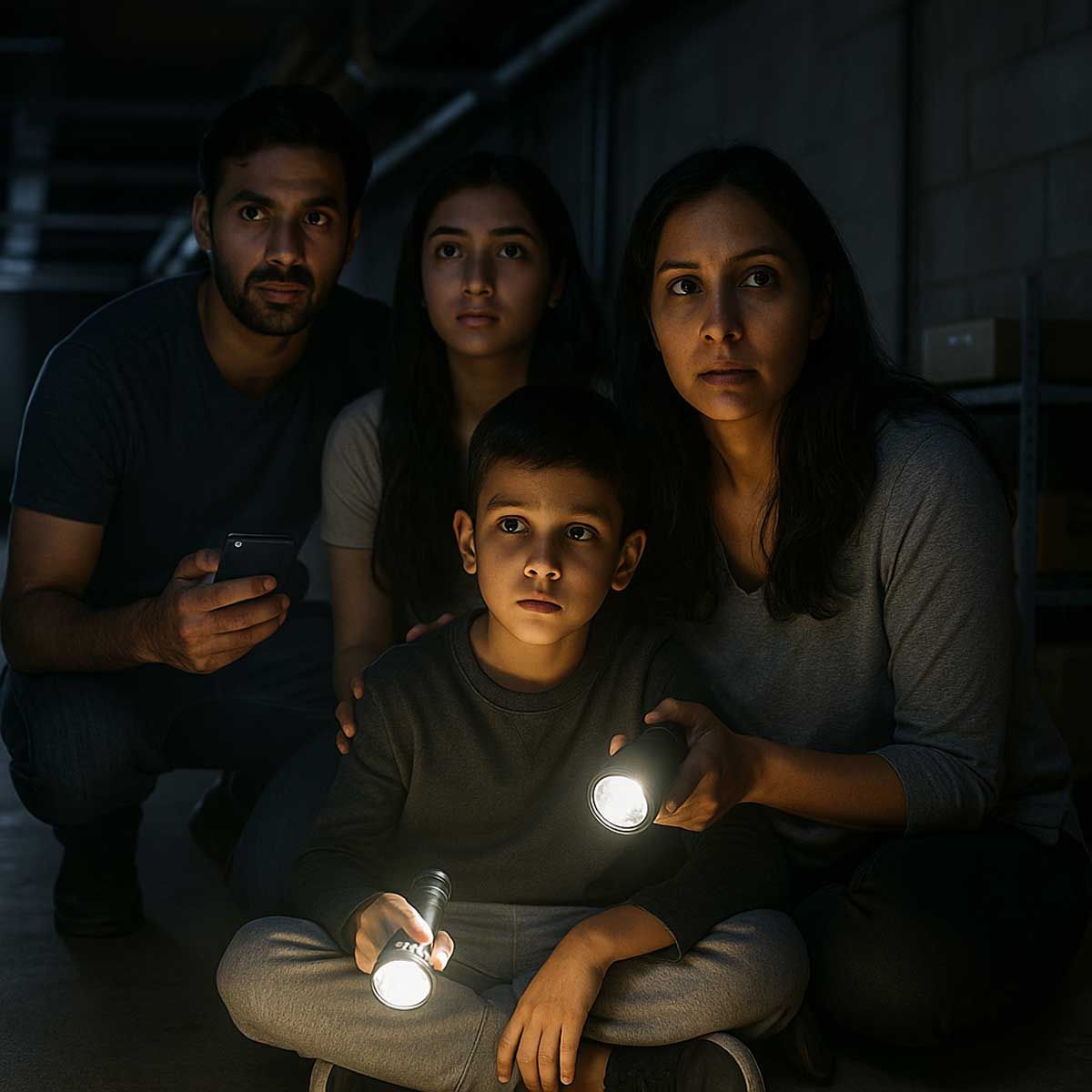More Coverage
Twitter Coverage
Satyaagrah
Written on
Satyaagrah
Written on
Satyaagrah
Written on
Satyaagrah
Written on
Satyaagrah
Written on
JOIN SATYAAGRAH SOCIAL MEDIA
“We know what we are, but know not what we may be”: Every human being has right to choose his or her gender identity: Rajasthan High Court ordered authorities to consider changing the records of a man who secured a job under the General Female Category

In a remarkable and surprising development, the Rajasthan High Court recently made a profound observation regarding the right of individuals to choose their sex or gender identity. Single-judge Justice Anoop Kumar Dhand issued an order on May 25, stating that the right to determine one's sex or gender identity is an integral part of an individual's personality, self-determination, dignity, and freedom.
|
The case revolved around a petitioner who was assigned the female gender at birth but later underwent a gender reassignment surgery (GRS) to transition to a male identity. The petitioner, who had secured a job in 2013 under the General Female Category, argued that changing his name and gender in his service records was crucial for him and his family to access the benefits entitled to his service.
Single-judge Justice Anoop Kumar Dhand, therefore, ordered authorities to consider changing the details in the service record of a man who was assigned female gender at birth.
"The right of a human being to choose his/her sex or gender identity is integral to his or her personality and is one of the most basic aspects of self determination, dignity and freedom," the judge observed in the order passed on May 25.
The state authorities opposed the petitioner's request, contending that the appointment had been made based on the female identity provided at the time, and any gender change should be supported by a declaration from the Civil Court.
In 2013, the petitioner successfully obtained employment under the General Female Category. However, later on, the petitioner was diagnosed with Gender Identity Disorder (GID), a medical condition in which an individual's gender identity does not align with the sex assigned at birth. As a result, the petitioner made the personal decision to undergo a gender reassignment surgery (GRS) in order to transition from female to male.
Following the gender reassignment surgery, the petitioner's legal gender was changed to male, reflecting their affirmed gender identity. Subsequently, the petitioner entered into a legal marriage with a woman, forming a marital union recognized by the law. Over time, the petitioner and their spouse welcomed two children into their family, thus assuming the role of a father.
These events highlight the petitioner's personal journey in asserting their gender identity and making significant life choices. It showcases the diversity of experiences and paths individuals may undertake in navigating their gender identity, including the legal, medical, and personal aspects involved in transitioning and establishing familial relationships.
It is important to note that these facts represent a specific case and should not be generalized as representative of all individuals with gender identity concerns or those who undergo gender reassignment procedures. Each person's experience and journey are unique and should be respected in accordance with their rights and the applicable laws and regulations.
The petitioner raised the concern that unless their name and gender were changed in their service records, it would create difficulties for them and their family to access the benefits associated with their employment. They requested the authorities to make the necessary changes to reflect their updated information accurately.
The State, in opposition to the petitioner's submissions, argued that the petitioner had initially been appointed under the female category, and their name and gender were recorded based on the information provided at the time. They contended that a declaration from the Civil Court affirming the change in sex based on gender identity was necessary for such modifications.
After careful consideration of the arguments presented by both parties, the Court acknowledged the fundamental nature of gender identity in an individual's life. The Court recognized that gender identity is a deeply personal aspect that contributes to an individual's sense of self and should be accorded respect and recognition.
In arriving at its decision, the Court examined the legal aspects surrounding gender identity, emphasizing its significance as a fundamental right that is essential to an individual's autonomy and dignity. The Court recognized the right to self-determination and the ability to choose one's gender identity as crucial components of a person's overall identity.
It is important to note that the Court's observations and conclusions are specific to the circumstances of this particular case and do not represent a definitive stance on gender identity matters in general. The Court's ruling demonstrates a fair and impartial evaluation of the petitioner's situation, highlighting the legal considerations and deeper understanding given to the fundamental aspect of gender identity within their life.
After careful consideration of the arguments, the court emphasized that gender identity is one of the fundamental aspects of an individual's life. The judge highlighted that everyone is entitled to enjoy all human rights without discrimination based on sexual orientation or gender identity, as guaranteed by the Constitution of India.
"Gender identity is the most fundamental aspect of life which refers to a person’s intrinsic value of being a male or female. There are times when human body is not formed with all of its proper attributes, therefore genital anatomy problems may arise and many of them do not choose to undergo GRS to change their gender. Everyone is entitled to enjoy all human rights which are a basic necessity to survive, without discrimination on the basis of sexual orientation or gender identity," the single-judge underlined.
He also referred to Rigveda, which defines men as "Purush" and women as "Prakriti."
"And the third gender that is the ‘Tritiya Prakriti’. In the recent times, the modern Indian society have considered them as the third gender otherwise there was no such identity given to them legally. Still, all is not well, and the third gender people are struggling to constitute a part of the civil society," the bench emphasised.
Right to equality is guaranteed by the Constitution of India which is the basic Fundamental Right which all Indians inherit since they become a part of our mother’s (India's) womb, the Court said.
"Everybody on this planet has a right to be treated with respect and dignity, be it a Male or a Female or any other gender. Till the past, we used to consider Male and Female as two biological sex but the developed science has proved that there are more genders than just cisgender," the bench underlined.
Furthermore, the court referred to the provisions of the Transgender Persons (Protection of Rights) Act of 2019, which aimed to ensure equality and respect for transgender individuals. The act allowed individuals who had undergone gender reassignment surgery before its enactment to apply for a certificate indicating a change in gender from the District Magistrate. Denying such a right to individuals who had already undergone the surgery would defeat the purpose of the act and perpetuate discrimination in society.
"This Act is a social beneficial legislation and therefore, it cannot be given an interpretation which would defeat the very purpose for which the same is brought in force. One of the provisions is to provide them appropriate changed certificates and identity documents, if they undergo a GRS," the judgment said.
It further noted that the Act allows persons like the petitioner, who had undergone the GRS prior to the Act of 2019, to apply before the District Magistrate for issuance of a certificate indicating change in gender.
"Only on the basis of such a certificate issued by the District Magistrate under Section 7 of the Act, the transgender person can apply for change in their birth certificate and other official documents relating to their identity. Denying such a right to person who had already undergone the GRS, would frustrate the very purpose of the Act, as large number of persons would be left out discriminated in the society," the Court held.
The court ordered the petitioner to apply to the District Magistrate to seek a change in gender details, and subsequently, to make a fresh application before the authorities to modify his service records accordingly. The authorities were directed to file a compliance report by September 4.
The object of this enactment is to give effect to the rights guaranteed to such persons under Articles 14, 15, 19, and 21 of the Constitution of India, the Court said.
It, therefore, ordered the petitioner to file an application before the District Magistrate seeking change in his gender details and then make a fresh application before the authorities to change his service records.
Advocates Arvind Sharma and Mamta Agarwal appeared for the Petitioners. Additional Government Counsel S Zakawat Ali represented the State.
The judgment underscored the significance of treating every individual, regardless of their gender, with respect and dignity. It emphasized the constitutional right to equality and highlighted the evolving understanding of gender beyond the binary concept of male and female.
This decision by the Rajasthan High Court brings attention to the progressive approach towards gender identity and the recognition of the rights of individuals to self-determination, as enshrined in the Indian Constitution and supported by the Transgender Persons (Protection of Rights) Act of 2019.
References:
- "Rajasthan HC: Right to choose sex or gender identity integral to self-determination, dignity, freedom" - Bar and Bench
- "Right to choose sex or gender identity integral to self-determination, dignity, freedom: Rajasthan HC" - Live Law
 Support Us
Support Us
Satyagraha was born from the heart of our land, with an undying aim to unveil the true essence of Bharat. It seeks to illuminate the hidden tales of our valiant freedom fighters and the rich chronicles that haven't yet sung their complete melody in the mainstream.
While platforms like NDTV and 'The Wire' effortlessly garner funds under the banner of safeguarding democracy, we at Satyagraha walk a different path. Our strength and resonance come from you. In this journey to weave a stronger Bharat, every little contribution amplifies our voice. Let's come together, contribute as you can, and champion the true spirit of our nation.
 |  |  |
| ICICI Bank of Satyaagrah | Razorpay Bank of Satyaagrah | PayPal Bank of Satyaagrah - For International Payments |
If all above doesn't work, then try the LINK below:
Please share the article on other platforms
DISCLAIMER: The author is solely responsible for the views expressed in this article. The author carries the responsibility for citing and/or licensing of images utilized within the text. The website also frequently uses non-commercial images for representational purposes only in line with the article. We are not responsible for the authenticity of such images. If some images have a copyright issue, we request the person/entity to contact us at satyaagrahindia@gmail.com and we will take the necessary actions to resolve the issue.
Related Articles
- "We are all born gifted. That is our true inheritance": Supreme Court observes that female tribal is entitled to parity with male tribal in intestate succession, says "Not to grant benefit of 'Survivorship to daughter in father's property' is bad Law"
- Supreme Court halts Jahangirpuri demolition of illegal encroachments of rioters by NDMC on priority by keeping aside 70,632 pending cases: PIL filed by Jamiat Ulama-I-Hind, Advocate Dushyant Dave, and Kapil Sibal
- "No neutrality, there is only greater or lesser awareness of one's bias": Joshimath Sinking - Supreme Court refuses urgent hearing, "there are democratically elected institutions to look into issue & everything of urgency does not have to come to court"
- Plea of MP Navneet Rana and husband MLA Ravi Rana to quash FIR for the gruesome and heinous crime of reciting Hanuman Chalisa outside Matoshree dismissed by Bombay HC: Justices stated that it was devoid of merit
- "अच्छा": Despite serious allegations, the court granted interim bail to Meeran Haider, a PhD student who orchestrated the 2020 anti-Hindu Delhi riots, mobilizing crowds and coordinating violence across 20 sites, revealing deep-seated plots against CAA-NRC
- “Words have no wings but they can fly a thousand miles“: Justice Ajay Rastogi - "If You decide against the Govt, You will be labeled as an independent judge, if you make a comment against the Govt, everyone including media is happy; this should change"
- Blast from the past: why DMK government’s idea to melt temple gold is dangerous?
- "To improve is to change; to be perfect is to change often": Will come up with new IPC, CrPC drafts soon and National Investigation Agency branches to be set up in all states by 2024 - Home Minister Amit Shah at Chintan Shivir of all State home ministers
- Order of Gujarat State Waqf Tribunal which halted the construction of a railway track near 'Firoz Saheb ni dargah' is set aside by Gujarat High Court
- "Finally, in conclusion, let me say just this": Remark against Prophet Mohammad - Supreme Court transfers all FIRs against ex-BJP member Naveen Kumar Jindal to Delhi Police, during the hearing, Luthra sought similar relief as granted in Arnab Goswami case
- "गुस्ताख़ी-ए-फ़रिश्ता": Delhi High Court dismisses Waqf Board's plea against Sunehri Bagh Mosque's demolition, led by chairman of the Delhi Waqf Board, Amanatullah Khan; NDMC seeks public insights, inviting suggestions and objections
- "Delay is the deadliest form of denial": Supreme Court grants temporary respite in Gyanvapi row, halting ASI's survey till Wednesday 5pm, the bench chaired by CJI D Y Chandrachud paid heed to the submissions made by senior advocate Huzefa Ahmadi
- "A benefit is estimated according to the mind of the giver": Supreme Court rewarded series of privileges to retired CJIs, most notable are entitlement to domestic help, chauffeur and secretarial assistant for life, commencing from their date of retirement
- "The weight of 59 lives demands attention": Supreme Court denies bail to three Godhra train case convicts, emphasizing its severity. The 2002 incident claimed 59 lives, including women and children, leading to widespread riots in Gujarat
- "He who frames the question wins the debate": Adv. Sai Deepak argued his point, "I am sorry to say this, and let me try and tone down the rigour of my submission, to the extent of saying, I believe they have a cause- I just don’t believe they have a case"




























